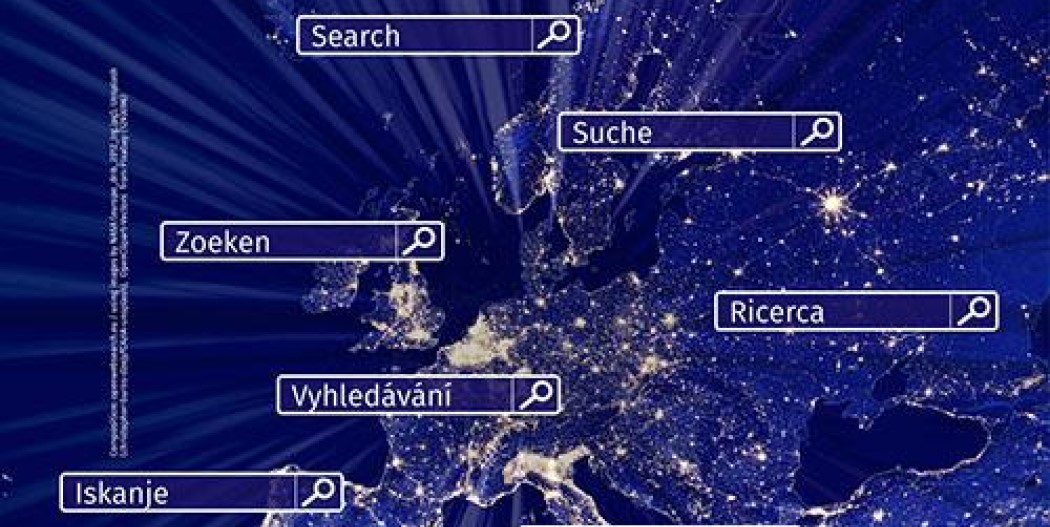
Photo: CSC website.
For the OpenWebSearch.EU project, CSC – IT Center for Science, Espoo, Finland, has joined forces with 13 other renowned European research centers to develop an open European infrastructure for web search. The project will be contributing to Europe’s digital sovereignty as well as promoting an open human-centered search engine market. The European Commission has now approved the project's Horizon Europe funding of 8,5 million euros.
“Free, open and unbiased access to information – we have lost these core principles in web search and urgently need to restore them. This is why we will create an open European infrastructure for internet search, based on European values and jurisdiction," says Michael Granitzer of University Passau and Open Search Foundation, project coordinator of OpenWebSearch.EU.
Over the next three years the researchers will develop the core of a European Open Web Index (OWI) as a basis for a new Internet Search in Europe. In addition, the project will set the foundation for an open and extensible European open Web Search and Analysis Infrastructure (OWSAI), based on Europe’s values, principles, legislation and standards.
"Three areas will be in focus for CSC's contribution to this project; the infrastructure for development and storage of the Open Web Index, natural language models and knowledge graphs, and the open web search ecosystem and sustainability. This will be a long-term engagement from our side with great potential to provide new services especially based on web indices built from Finnish and Swedish content," says Director Hanna-Mari Puuska at CSC.
The project has its origins in concerns over the imbalance of the search engine market. Despite being a backbone of our digital economy, web search is dominated and limited by a few gatekeepers like Google, Microsoft, Baidu or Yandex. Thus, information as public good, with free, unbiased and transparent access is not under public control anymore. This imbalance endangers democracy and limits the innovative potential of Europe's research landscape and economy.
"The role of the world wide web as an infrastructure for research and society as a whole can't be underestimated. But huge effort is required to harvest and organize the data of the web to be usable for searching information or as a data source for research, “ says Director Per Öster at CSC. “The actual search is dominated by a few companies with primarily commercial interests. So, what we are served with from them will always be a compromise between them maximizing their sales of adverts and the general usefulness. As users can we then trust the search results to be unbiased and exhaustive? With this project we will demonstrate and pilot infrastructure and technologies needed to serve the society with open web indices upon which public as well as commercial services can be built.”
OpenWebSearch.EU’s strong multi-disciplinary consortium of 14 European partners is convinced that the open web search infrastructure will not only contribute to Europe’s sovereignty for navigating and searching the web. It will benefit us all as citizens. Based on our own preferences, we will finally have a real choice again when choosing search engines.
OpenWebSearch.EU is the first project the EU has funded to get tomorrow's web search up and running. It will kick-off in September 2022. The 14 partner institutions will initially cooperate over a time-frame of three years. The project has received funding of 8,5 million euros from the European Union’s Horizon research and innovation programme under grant agreement no. 101070014.
This article was first published on 19 August by CSC.




 A unique international forum for public research organisations and companies to connect their external engagement with strategic interests around their R&D system.
A unique international forum for public research organisations and companies to connect their external engagement with strategic interests around their R&D system.